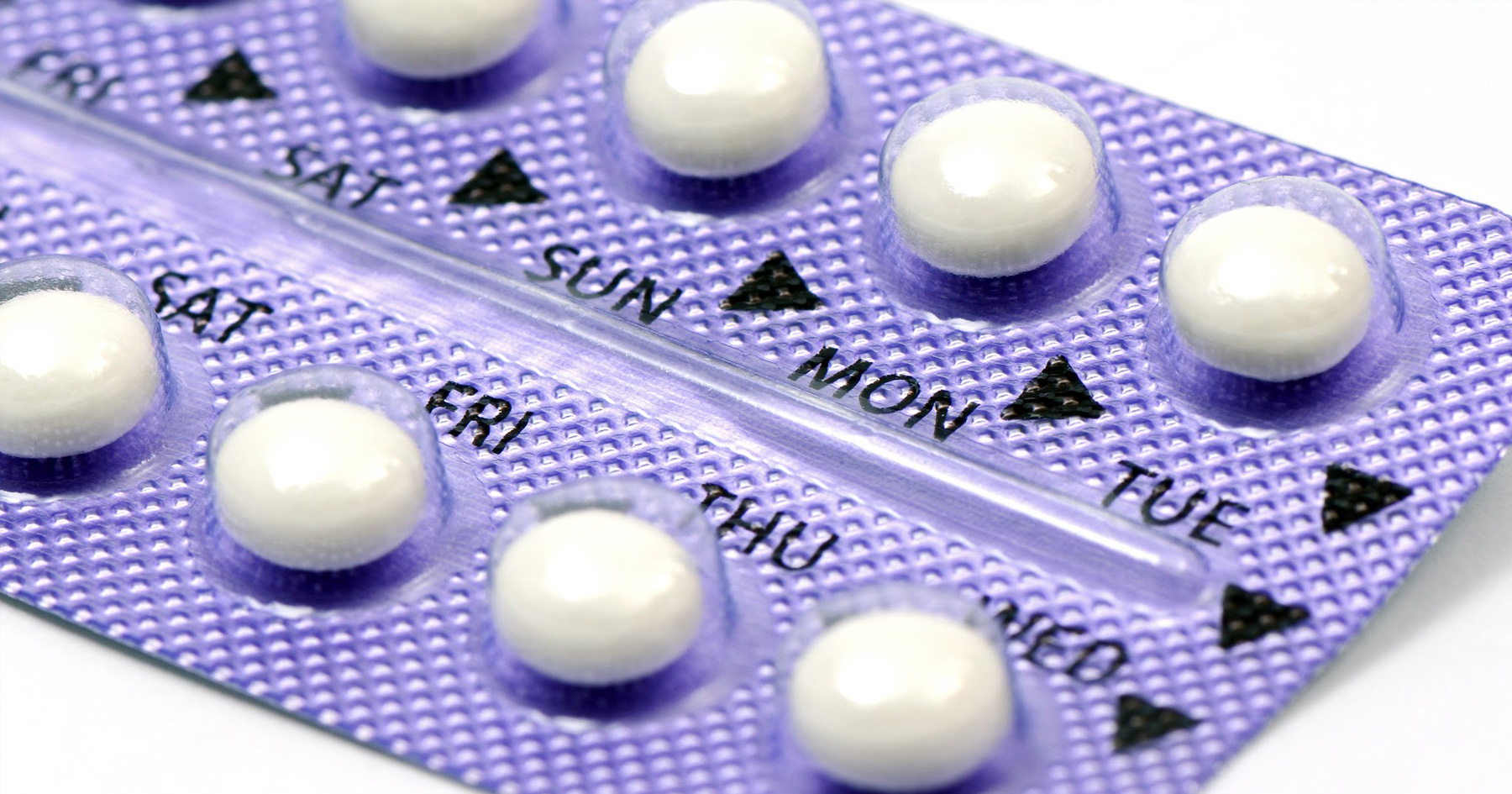The Easiest and Hardest States to Get Birth Control

By:
In the 1960s, birth control was a major catalyst for the sexual revolution, and for women, the pill enabled them to separate sex from procreation. Since then, we haven’t devolved into the sexual anarchy that conservatives feared when it debuted.
In fact, the pill has become an integral part of women’s daily lives and health in the U.S. In 2012, the Guttmacher Institute found that more than 9 million women in America used the pill in the previous month, and "four of every five sexually experienced women have used the pill." Areeya_ann - bigstockphoto.com
Areeya_ann - bigstockphoto.com
But how far have we really come from its arrival decades ago? Well, it depends on where you live, which hints that we still have so much farther to go when it comes to reproductive rights.
These are the states where getting the birth control pill is the easiest and hardest.
California
 Wikimedia Commons
Wikimedia Commons
Earlier this month, California enacted regulations to allow women to pick up birth control pills and other self-administered hormonal birth control without a prescription from a doctor. Although it’s not technically over-the-counter, the only requirement is that you speak with a pharmacist and fill out a questionnaire. There’s also no age minimum, and if you have insurance, it should be free.
Oregon
.jpg?auto=format&crop=faces&fit=crop&q=60&w=736&ixlib=js-1.1.0) Wikimedia Commons
Wikimedia Commons
Oregon is the second state, following California, to allow women to go directly to their pharmacist to get birth control. It was also the first state to require that health insurance companies cover 12-month prescriptions of birth control.
Louisiana
 wikimedia commons
wikimedia commons
Louisiana is just one of the 10 states that have defunded Planned Parenthood following videos of “undercover” footage allegedly documenting the organization’s sale of fetal tissue (later determined to be altered). As a result, there are only two Planned Parenthood Health Centers in the entire state.
Mississippi

If you didn’t think it could get any worse, check out Mississippi. The state has only one Planned Parenthood Health Center. But that’s not too surprising considering Mississippi’s history of blocking women’s access to contraception. In 2012, Mississippi activists and congressional Republicans pushed legislation on the state and federal level, respectively, arguing for the treatment of zygotes—a.k.a. fertilized human eggs—as legal "persons." If this definition of legal "personhood" had passed, using an IUD would have been condemned as murder.
Colorado

When it comes to access to birth control, Colorado falls somewhere in the middle. Sure, they currently have 21 Planned Parenthood centers in the state. But Colorado, like North Dakota and Tennessee, had abortion-related ballot measures related to the notion of "personhood" in 2014. The fight over birth control in Colorado represents the intense push and pull that most of the U.S. is experiencing over the topic of birth control, abortion and the policing of women’s bodies.
